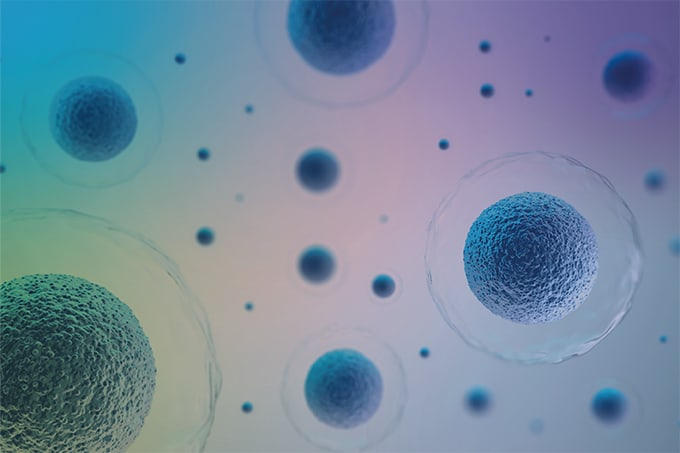Digestive disorders are common, and their symptoms are often incontrovertible–certainly to the tens ofmillions of patients worldwide who suffer from them. Diagnosis, however, is rarely so clear, which iswhy nearly one-third of all patients with gut disorders are unable to put a name to their condition. But anew device–an electronic capsule that can measure gaseous biomarkers and transmit the informationwirelessly to waiting physicians (1)–may improve upon the accuracy of existing tests.
Kouroush Kalantar-zadeh, co-inventor of the capsule and Lead Scientific Advisor for the company set to commercialize it, explains: “In most cases, unless there is a visual marker like a wound or inflammation, prevention, diagnosis, and monitoring tool options are very limited for gut disorders.” It was an encounter with a gastroenterologist that inspired the new device; Kalantar-zadeh was initially asked to make existingbreath tests more accurate, but concluded that the indirect measurement made the task impossible. Instead, he decided to create a capsule that patients can swallow–one that can directly sense and measuregases such as hydrogen, oxygen, and carbon dioxide – within the digestive system.
“The capsule, designed by engineer Nam Ha, moves along the gut after ingestion and leaves the body with the natural motility of gastrointestinal tract – generally within 24 to 48 hours,” Kalantar-zadeh explains. The capsule transmits data every five minutes to a handheld monitor the patient carries, which inturn sends the information via Bluetooth to a mobile phone for online monitoring or cloud storage. “Sofar, we have shown accuracy of near 100 percent in measuring hydrogen as a biomarker. In comparison, breath test accuracy is significantly lower.” Kalantar-zadeh emphasizes that accuracy of gas measurements directly translates to accuracy in the prevention, diagnosis, and monitoring of gut disorders from malabsorption to inflammatory bowel disease. Soon, he hopes, the device will enter mass production and begin improving the lives of digestive disorder patients everywhere.
References
- RMIT University, “Diagnostic advance: gas - sensing capsule set to hit market by 2022” (2018). Available at: https://bit.ly/2ChCcCE. Accessed January 2, 2019.




